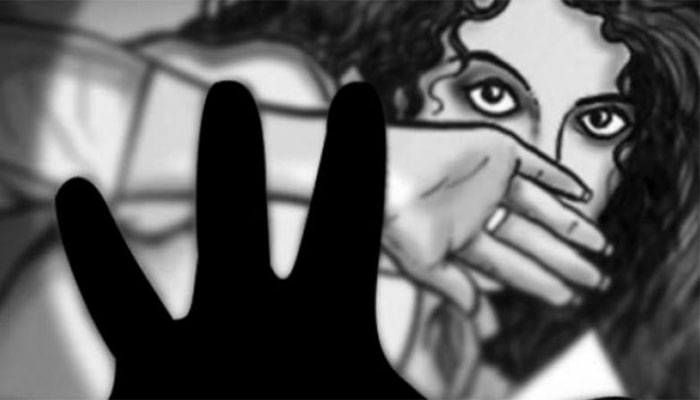Village or town, the vulnerability and challenges of the girl child in developing countries are the same.
The abuses and the abusers are similar too. And for Kyenjojo schoolgirls, the abusers are their own teachers and boda boda cyclists. The latter group not only woos girls with money and impregnates the ‘willing’ ones, but also goes an extra mile to assault the ‘unwilling’.
For every 100 girls in the western Kyenjojo district, at least 25 have been sexually abused – not by a stranger, but by someone they know.
The 2014 census by the Uganda Bureau of Statistics (Ubos) showed that nine per cent of all children aged between 12 and 17 years in Kyenjonjo have had a baby.
‘Willing’ girls or not, adults must exercise maturity and stop sexually abusing young girls, says Beatrice Bisangwa, the executive director of the Organisation of African First Ladies Against HIV/Aids – Ugandan chapter (OFLA-Uganda).
“We are almost at a level of a crisis. You talk to some of the teachers and they tell you ‘the girl is the one who seduced me’. Even if she seduces you, you are supposed to act mature. She may genuinely have a crush on you but you are better. Don’t take advantage of her,” Bisangwa says.

Christine Kabarangira, a senior six student at Kyenjojo High School, knows that sexual harassment affects one’s academic performance and wants parents to be more protective.
“Many parents ‘enjoy’ money; they are greedy. Even when you are abused, they get money from the abuser and he walks away scot-free to abuse you more or another girl”, Kabarangira says.
“Boda boda men throw words at girls like ‘I love you baby girl’ and when you refuse, that is when they start abusing you. They abuse your physical looks and make you feel worthless. To make it worse, they are at the routes that we use to go to school every day.”
Considering that only 28 per cent of households in Uganda have a school within a one-kilometer radius, one can only imagine the torment that these girls go through every day.
“Parents are taking part in these things by siding with the offenders. They are paid money by the offenders”, said Judith Kebirungi, a senior two student at the same school.
Bisangwa says such stories surely reach and eventually overwhelm First Lady and Education minister Janet Museveni.
“In fact they are wearing her down. She even looks older than her age and even doesn’t know what to do”, Bisangwa says.
Indeed, seemingly disturbed by the damning statistics, Ms Museveni did not mince words during the recent celebrations to mark the International Day of the Girl Child.
While addressing a stakeholders meeting organized and facilitated by Unicef in Kyenjonjo, Ms Museveni attacked civil society, teachers, parents, police, and the judiciary for failing to protect the girl child against abuses.
“The girls really live with hopelessness, because if your own father negotiates with the abuser, the man who abused or raped you, what hope do you have? I want you to think about what these children go through.”
She added that it was absurd that the girls are even abused from their own homes by their own relatives and nobody is there to rescue them, including state institutions such as police and the judiciary.
“Now these boda boda men have become a problem on their own”, Ms Museveni said.
RIGHTS Vs RESPONSIBILITIES
Contrary to the widespread perception that children’s rights are imported from the West, rights are inherent, according to Betty Byanyima, a consultant with OFLA-Uganda.
“No government is giving the children rights; government only comes in when those children [can’t] exercise those rights”, Byanyima said.
“We’re not saying children must decide [what to do] but they must also be allowed to exercise their opinion.”
She, however, emphasized that children’s rights go with responsibilities such as accessing material and doing things that are age-appropriate.
Participants agreed that the existent moral decadence of the young generation should be blamed on parents and the society at large who have absconded from their parenting duties.
They called for the old culture of communally raising a child to be revived. For Alice Kabajoji, a teacher in Rukungiri, state structures are set up to fail children from the onset given that police stations don’t have jail options for juvenile offenders.
CONSTANT DIALOGUE
At the meeting, cultural and religious leaders pledged to establish bi-annual dialogues between leaders and girls. They also agreed to review and amend abusive cultural practices by February 2018.
The district leadership also pledged to prioritise adolescent issues, and address corruption in the justice system. The district will also collect data regarding adolescents on a quarterly basis for better planning.

